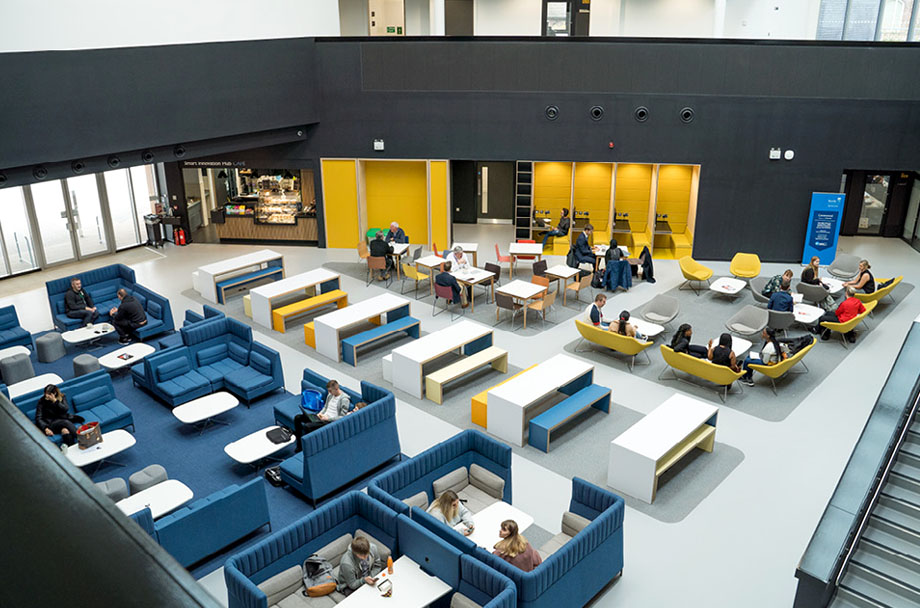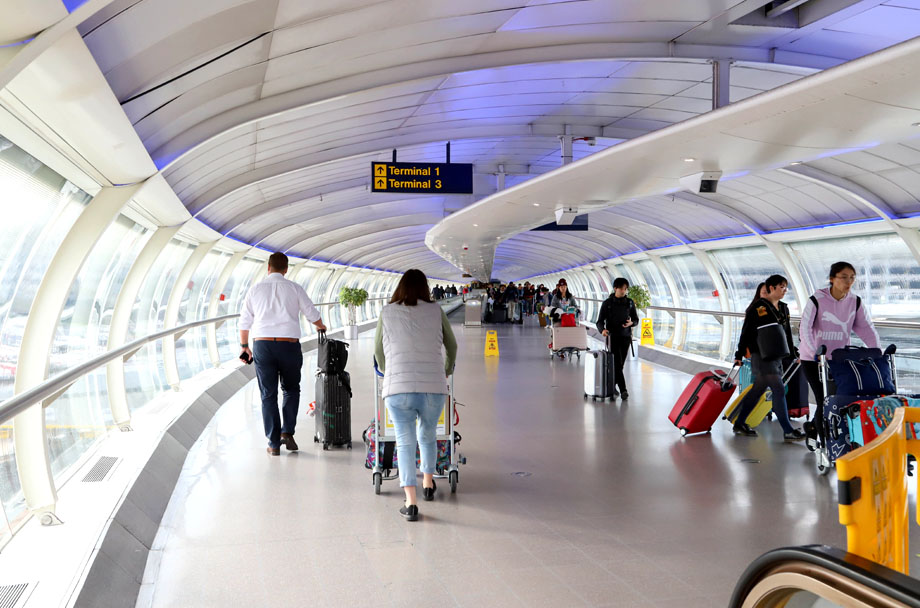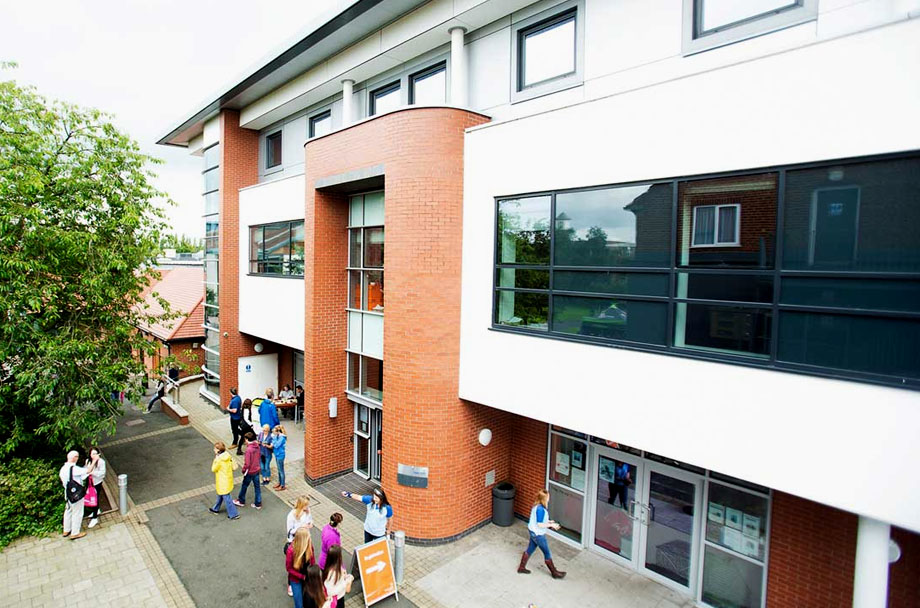We assess, monitor, and reduce the environmental impact of all new design and installation activities, and educate those whose work will inevitably impact upon the environment. The ambition is to reduce resource usage including water and energy consumption, prevent pollution and have procedures to avoid and respond to accidents and emergencies. For more information regarding any of the sustainability examples listed below, please contact us.
Working with one client of many has both Carbon Emissions and Energy Cost savings, including the examples below…
Keele University
Keele University made a commitment within its 2010 Carbon Management Plan to reduce campus carbon emissions by 34% by 2020 against a 1990 baseline, and reached a 39% reduction last year, before the impact of Covid-19.
In 2019, Keele was one of the first UK universities to declare a ‘climate emergency’ and announced an ambitious target to be carbon neutral by 2030.
Keele has launched various energy and carbon saving initiatives including £5 million investment in improving energy equipment across campus, construction of sustainable buildings such as the Smart Innovation Hub and Central Science Laboratories and introducing a low-carbon heat source for its primary network.
Keele has installed more than 250kWp of solar PV panels on the roof of campus buildings and introduced alternative energy technologies such as biomass and heat pumps. A new development on campus will see up to 26,000 solar photo-voltaic (PV) panels installed at ground level in fields on the edge of the campus, and two wind turbines which will generate up to 80% of the campus’ electricity demand.
The University has transformed its campus into a unique ‘living laboratory’ replicating a small town, to drive the clean energy transition required to achieve the UK’s ambitious climate change commitments. Landmark projects include HyDeploy, the first practical experiment in the UK involving blending hydrogen with natural gas, and the largest single, integrated electricity and heat Smart Energy Network Demonstrator (SEND) in Europe. Combined with an integrated renewable energy programme, the SEND Network and Hydeploy will dramatically reduce carbon emissions from the campus itself and support innovative research into low carbon energy, as well as provide the basis for substantial reductions in carbon emissions globally.
Keele has also launched its new Institute for Sustainable Futures to drive research into issues such as climate change, food security and clean energy on a local, national and global scale. The University also announced last year its commitment to divest from fossil fuels and focus its investments in companies with a positive environmental and/or societal impact, in particular in areas of low carbon energy and technology.
Manchester Airport
The integrated building controls (IBC) project has provided the client with a fully integrated BACnet open protocol platform to control and monitor all the HVAC and Lighting controls throughout the Airport.
Manchester Airport has been developing the IBC concept for many years and with the backdrop of increasing utility costs and environmental taxation which led to an annual energy bill of >£12m in 2012, the need to fund the IBC project became apparent.
This IBC project has provided an annual energy saving of almost £500,000, which will be repeated for the lifetime of the building and the next challenge is to increase these saving even further by increasing the deployment of the IBC scheme to more systems outside of the main terminal buildings.
Across the three Terminal facilities the project will result in a combined annual energy reduction of >10GWh (Gas & Electricity) and will make a significant contribution to MAG’s environmental targets.
Harper Adams University – Carbon Management
Since 2005, the University has been measuring and reducing its scope 1 and 2 carbon footprint, reducing emissions from areas we can directly control, such as the heat we use in our buildings, the electricity purchase and the fuel efficiency of our estate’s vehicles. By financial year 2019, our carbon footprint had reduced by 36% (Scope 1 & 2) equivalent to a carbon emission per FTE student reduction of 71%.
These improvements were largely delivered by the Sustainable Transformation Energy Project (STEP) part of our renewable/low carbon energy strategy. Housed within our Energy Centre is a Combined Heat and Power (CHP) engine (400kWe) and a biomass boiler (1MW). The biomass boiler uses woodchip fuel (sourced locally) to provide thermal energy to a 3.5km District Heating Network (DHN), whilst the CHP generates 1.5 kWh of thermal energy (heat) for every 1 kWh of electricity generated (power). The heat is effectively free of charge and is also distributed via the DHN. In addition, we also use solar energy to generate clean renewable power. A 650 kWp solar PV array, located on diary agricultural buildings provides (on average) 450,000 kwh of clean energy a year.
This combination of solar PV (included exported energy to the grid) and biomass boiler produce 517,000 kWh of clean/low carbon energy. The energy generated by solar PV was enough to power the annual electricity demand of:
- 165 typically family homes (3 bed).
- 7 1.8 Faccenda buildings.
- 1.6 Library buildings.
- 3.2 Main buildings.
Looking forward, our new Carbon Management Plan (2020-2025) has identified a series of projects and initiatives that should save a further 637 tonnes of Scope 1 & 2 carbon emissions. These savings will come from significant investment in areas such as lighting improvements, constructional insulation, improvements to controls and additional connections to our district heat network. There will also be a big push on behaviour and engagement to ensure that all of the Harper community understand the role they can play to help manage and reduce our footprint associated with day to day teaching and activities whilst on campus.





